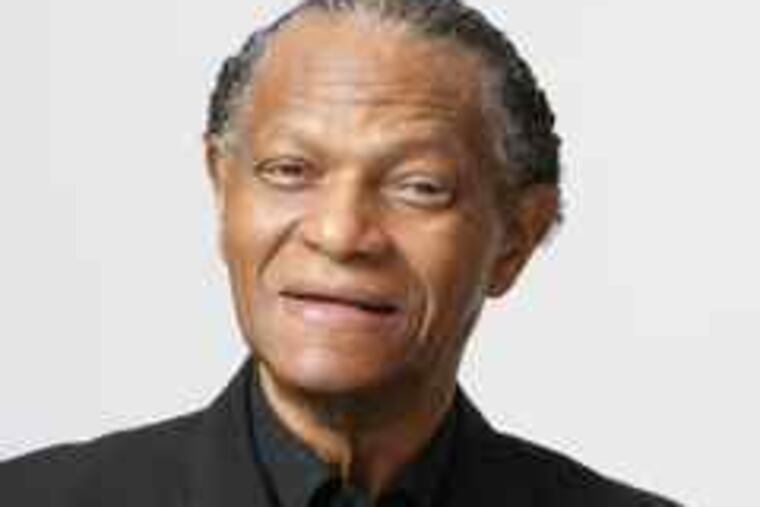Tyner at home in Kimmel
McCoy Tyner's performance Friday at the Kimmel Center in Center City owed refreshingly little to John Coltrane. Tyner, the pianist in Coltrane's groundbreaking quartet, made no references to the iconic saxophonist, musically or otherwise, perhaps because the Tyner-Coltrane connection has been chronicled ad nauseam.

McCoy Tyner's performance Friday at the Kimmel Center in Center City owed refreshingly little to John Coltrane. Tyner, the pianist in Coltrane's groundbreaking quartet, made no references to the iconic saxophonist, musically or otherwise, perhaps because the Tyner-Coltrane connection has been chronicled ad nauseam.
Tyner, 71, performed with his regular trio plus tenor saxophonist Joe Lovano, who recently recovered from shoulder injuries that sidelined him for two months. The pair have worked together intermittently for several years, as in 2007's McCoy Tyner Quartet.
Tyner, a West Philadelphia native, devoted much of the roughly 90-minute concert to compositions he recorded in the 1960s and 1970s, including several from the album The Real McCoy. The group opened with "Fly With the Wind," a straight-ahead tune that demonstrated Lovano's ability to make compelling statements without upstaging Tyner. "Angelina" was longer and more adventurous. Whenever it threatened to become too pleasant, Tyner hit chords that jarred the song off track. The tactic was effective, but became redundant later on.
"Walk Spirit, Talk Spirit" and "Passion Dance" carried the group into harmonic territory that Coltrane, Miles Davis, and Tyner himself introduced to jazz. The compositions originated from modal scales, rather than familiar chord progressions.
The music grew increasingly dense and percussive. Drummer Eric Kamau Gravatt provided the highlights, playing big solos - the kind that would draw cheers even at a rock concert.
Tyner spotlighted himself during a solo performance of "I Should Care," the program's lone standard. Pounding out chords and playing uneven runs up and down the keyboard, Tyner pushed the song to the edge of its harmonic boundaries. "Blues on the Corner" returned the group to more familiar ground. The melody recalled Thelonious Monk's off-kilter style and was highlighted by Lovano's swinging solo.
While Tyner's performance suffered occasionally from predictability, his originality remained intact. He also scored points with his affectionate references to Philadelphia. "I'm glad my hometown still exists," he said toward the end, "so I can come back." The hearty applause confirmed the Kimmel Center crowd was happy to play host.